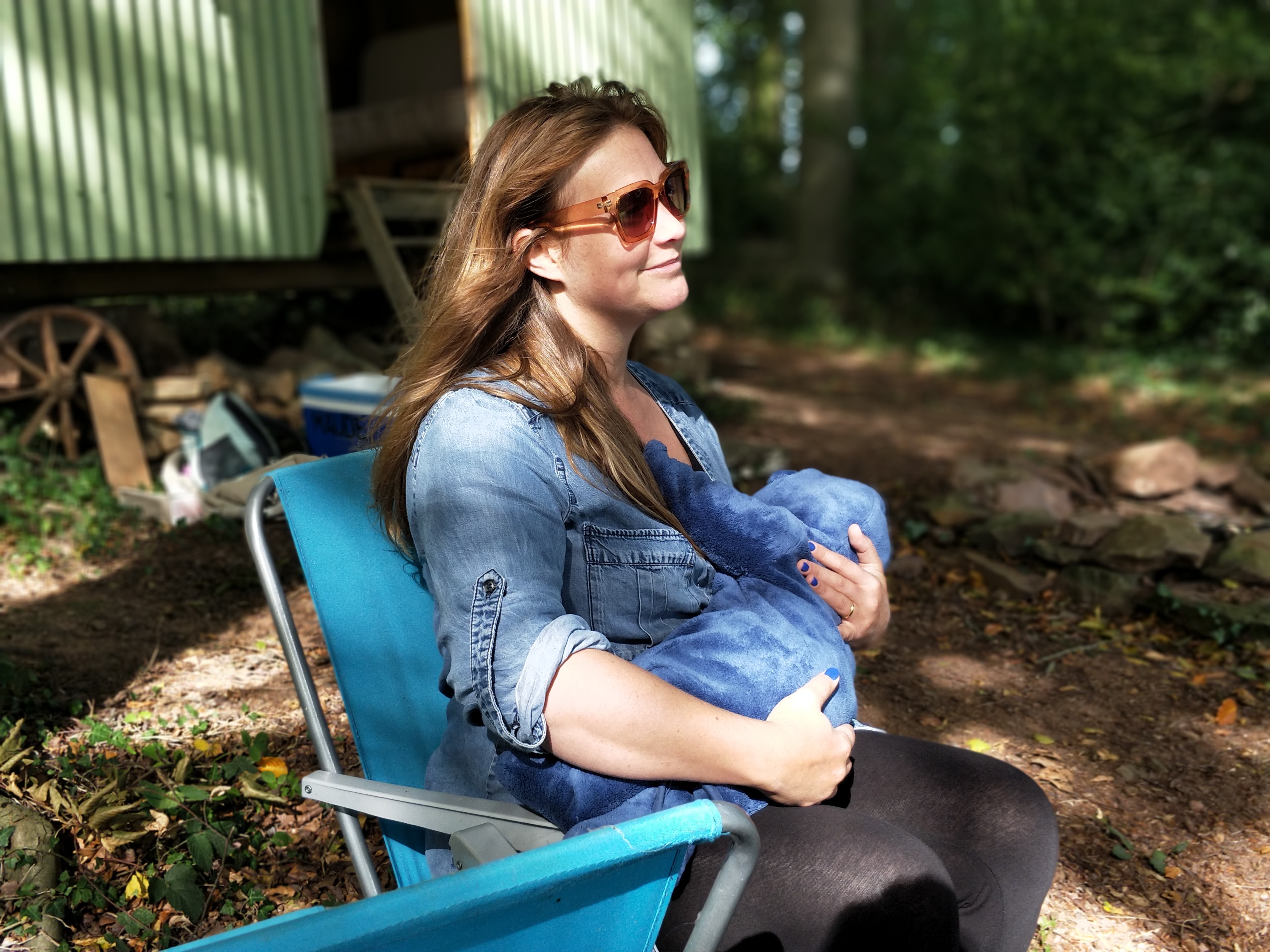
Do I Have To Go To Every Meet?
As the first sports season of the school year wraps up, I’m looking back on our attendance record and wondering
Empowering mothers to find the joy of being at home.
A radical is someone who works for “thorough or complete political or social change.” At Radical Motherhood, we have a point of view that challenges conventional wisdom about what it means to be a good mom – and what it takes to be a happy mom. If moms everywhere were to embrace our vision of motherhood, the social and political change would indeed be radical.

Our Culture says that it is through education, work, and career that women find their true identities. We say that it is through a relationship with Jesus Christ that women find their true identities.

Our culture says that motherhood is drudgery; a thankless and unfulfilling "second shift." We say that motherhood is rewarding, both in this life and the next.

Our culture says that being a stay-at-home mom is a luxury that few families can afford. We say that being a stay-at-home mom is possible for most families, and the sacrifices you make to spend more time at home are worth it.
OUR STORY
Allison and Emily are sisters. Our mom died in a car accident when we were very young, and we’ve been acutely aware of the value of motherhood ever since. After becoming mothers ourselves, we’ve each made very different decisions – from college, to career, to parenting, to marriage. But in the end, we agree that there is a better way to “do” motherhood that what our culture is telling us. That’s what we want to share with you.


As the first sports season of the school year wraps up, I’m looking back on our attendance record and wondering
Lalabet Casino: Gedetailleerd Overzicht Van De Gaming Club Er is maar één manier om contact op te nemen – online

My husband and I were married in August, and this year was our 14th wedding anniversary. We forgot all about
